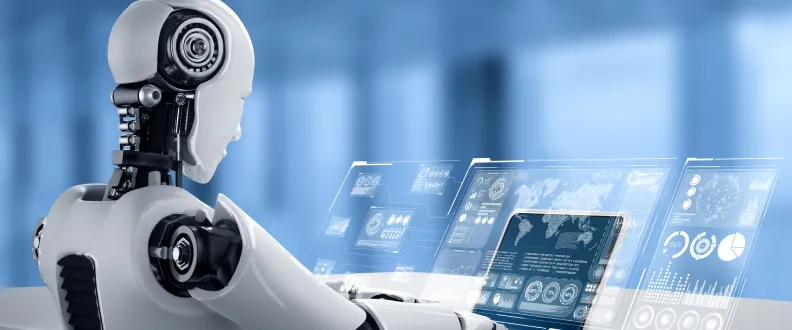
AI Agents Are Redefining Workflows, Not Replacing the Workforce
Artificial intelligence has moved beyond chatbots and predictive tools. A new generation of AI agents, such as AutoGPT, Devin, and enterprise copilots, is taking on increasingly complex responsibilities, from software development to customer support. Unlike traditional AI, these systems can execute multi-step processes with minimal human input, effectively acting on behalf of their users rather than simply assisting them.
The appeal for businesses is clear. By automating time-consuming tasks like help desk requests, travel bookings, or code generation, AI agents enable faster turnaround, fewer errors, and greater efficiency. This allows human teams to shift focus from repetitive work to higher-value activities such as strategy, innovation, and creative problem-solving.
Adoption is accelerating across industries, but the rise of autonomous AI comes with challenges. One of the most pressing concerns is job displacement, particularly in roles reliant on repetitive tasks, such as customer service or data entry. Questions of accountability also remain: when an AI system makes a decision, who should be held responsible if it fails?
Transparency and control are equally critical. Businesses must carefully determine how much autonomy to grant these agents and establish clear oversight. Ethical safeguards, explainability, and governance frameworks are becoming essential as AI embeds itself deeper into operations.
Yet despite these concerns, many organizations see far more potential benefits than risks. When deployed responsibly, AI agents act as digital colleagues that extend human capacity rather than replace it. By relieving workers of routine burdens, they create space for innovation while ensuring critical decisions remain under human supervision.
As these technologies continue to evolve, AI agents are poised to transform the workplace—not by eliminating people, but by redefining the way humans and machines collaborate.
